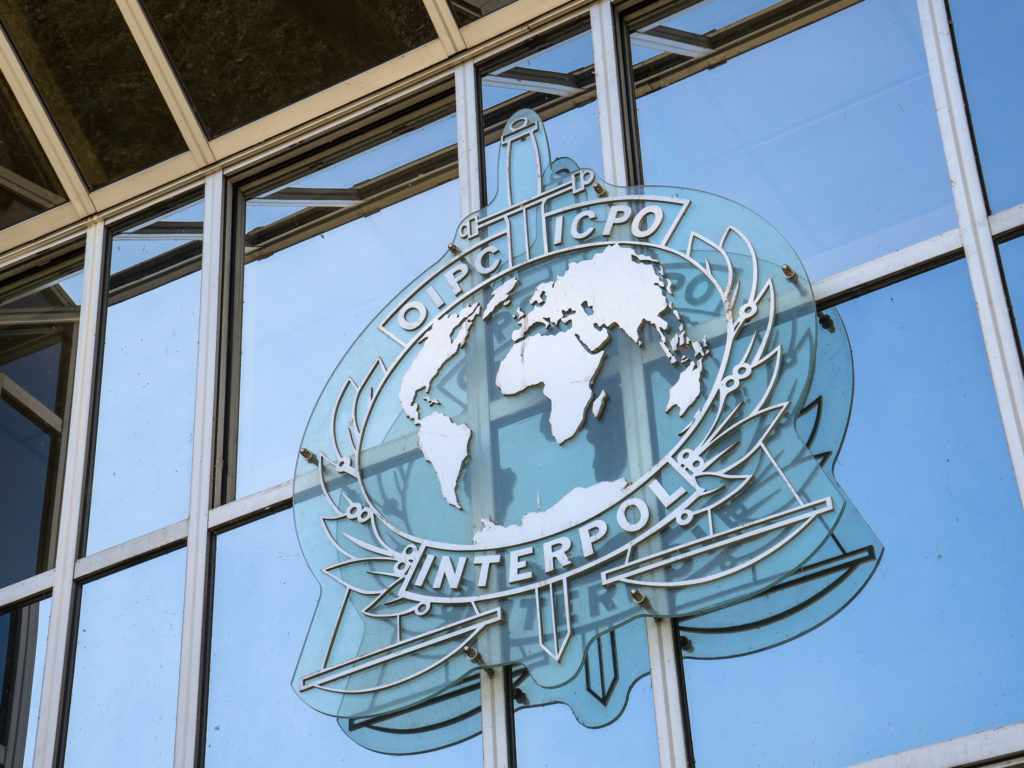
On 2 of October 2021, Syria was re-added to INTERPOL’s communications network, having been subject since 2011 to several corrective measures, which prevented the Syrian National Central Bureau (‘NCB’) from sending and receiving messages with other Member States. INTERPOL stated in comments to news outlets that the recommendation to lift the measures were made in line with recommendations from INTERPOL’s Executive Committee. However, and although INTERPOL stated that the decision to change the status of Syria’s membership followed ‘close monitoring of messages from NCB Damascus’, the process, criteria, and ultimate reason for the decision remain unclear, and the change has been the subject of criticism and concern.
Restrictions were initially imposed by INTERPOL following Syrian requests for the arrest and extradition of political dissidents, thought to be connected to its ongoing internal military conflict. Article 3 of INTERPOL’s Constitution prohibits it from any intervention or activities of a political, military, religious or racial character.
In its comments on the decision, INTERPOL reiterated that although Member States can exchange information, and may issue notices, INTERPOL itself maintains full control of the data on its systems and decides which NCBs may access this information. Therefore, the Damascus NCB would only be able to access information which had not been restricted.
Despite INTERPOL’s assurances regarding Syria’s renewed access, the organisation’s decision-making process is still opaque and contentious. At the upcoming 89th General Assembly, host State Turkey has said it will lobby INTERPOL’s Executive Committee for assistance in pursuing people alleged to be associated with Fethullah Gülen, who the Turkish authorities claim to have orchestrated the 2016 coup d’état. INTERPOL has consistently rejected Red Notices issued by Turkey for such targets, on the basis that they were contrary to Article 3 of its Constitution. However, the recent decision to reissue privileges to Syria, a Member State that has similarly tried to use INTERPOL to pursue political dissidents, will place INTERPOL’s commitment to Article 3 under renewed focus.



Recent Comments